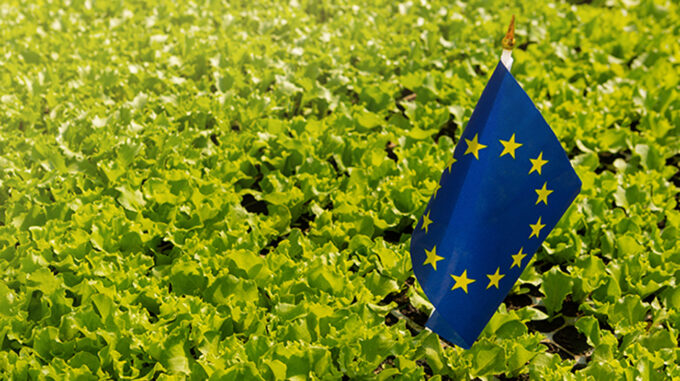The European Union is preparing to introduce increased customs duties on imports from Ukraine, raising concerns among Ukrainian exporters and government officials

According to a reputable publication, the Financial Times, new significantly higher tariffs may come into effect soon, which could substantially impact Ukrainian trade with EU countries. This decision is part of a broader EU strategy that envisages ending the temporary duty-free regime for Ukrainian goods, introduced in 2022, reports "European Truth" citing FT. Sources indicate that the primary reason for these measures is the preparation to terminate the current agreement that temporarily suspended tariffs in response to Russia's full-scale invasion of Ukraine. This unprecedented step was taken amid political and economic challenges, including complaints from the European Farmers' Union and individual member states such as Poland, France, and others, which have perceived negative effects of Ukrainian agricultural imports on domestic prices. Diplomatic sources reveal that changes are planned within the coming weeks and will not only involve the removal of existing preferences but also impose restrictions on quota regimes for duty-free trade. The situation is especially critical for agricultural products—particularly corn, wheat, sugar, and poultry—which are key exports for Ukraine. It is expected that the annual quota for importing corn will decrease from 4.7 million to just 650,000 tons, and poultry industry enterprises will have access to a smaller volume of duty-free imports, dropping from 57.1 thousand to 40 thousand tons. This decision has faced significant opposition from Ukrainian political and business circles. It is known that at the end of April, "European Truth" reported that the European Commission no longer plans to extend the autonomous trade preferences for Ukraine—so-called "trade visa-free" regime, which is set to expire on June 5. Instead, the EU is preparing to implement a new free trade agreement that will formalize liberalization conditions and gradually replace transitional measures. European Parliament Trade Committee Chair Bernd Lange expressed strong concern over this development, calling it "a very bad signal for Ukraine." According to him, further quota restrictions and tariff hikes could increase economic pressure and complicate Ukrainian producers’ access to the EU market. A crucial background detail is that on May 8, the European Parliament voted to establish a special regime for Ukraine's steel and iron exports, as the application of current autonomous preferences is scheduled to end by June 6, 2025. This means that Ukrainian suppliers will lose these special privileges, prompting the EU to seek ways for a smooth transition to the new trading framework. In light of these developments, it is important to consider all nuances of negotiations and possible compromises between the parties. As preparations for an official review of the trade agreement continue, Ukrainian and European diplomatic circles are already discussing details of new regulations, including potential quota reductions to prevent overloads on internal markets and to mitigate the negative impact of Ukrainian exports on prices. Analysts note that these measures will alter the status quo in Ukraine-EU relations and are likely to affect cooperation in agriculture, industry, and freight transportation. Ukrainian farmers and the business community are already voicing concerns about potential losses, especially as the country is already facing many challenges caused by the war and economic instability. Thus, the situation surrounding the future trade regime with the EU remains tense. Ukraine is preparing for new conditions that could significantly limit its access to European markets. At the same time, the government calls for constructive dialogue and compromises to avoid the worst scenarios and ensure the most favorable trading conditions for Ukrainian producers in the future.

